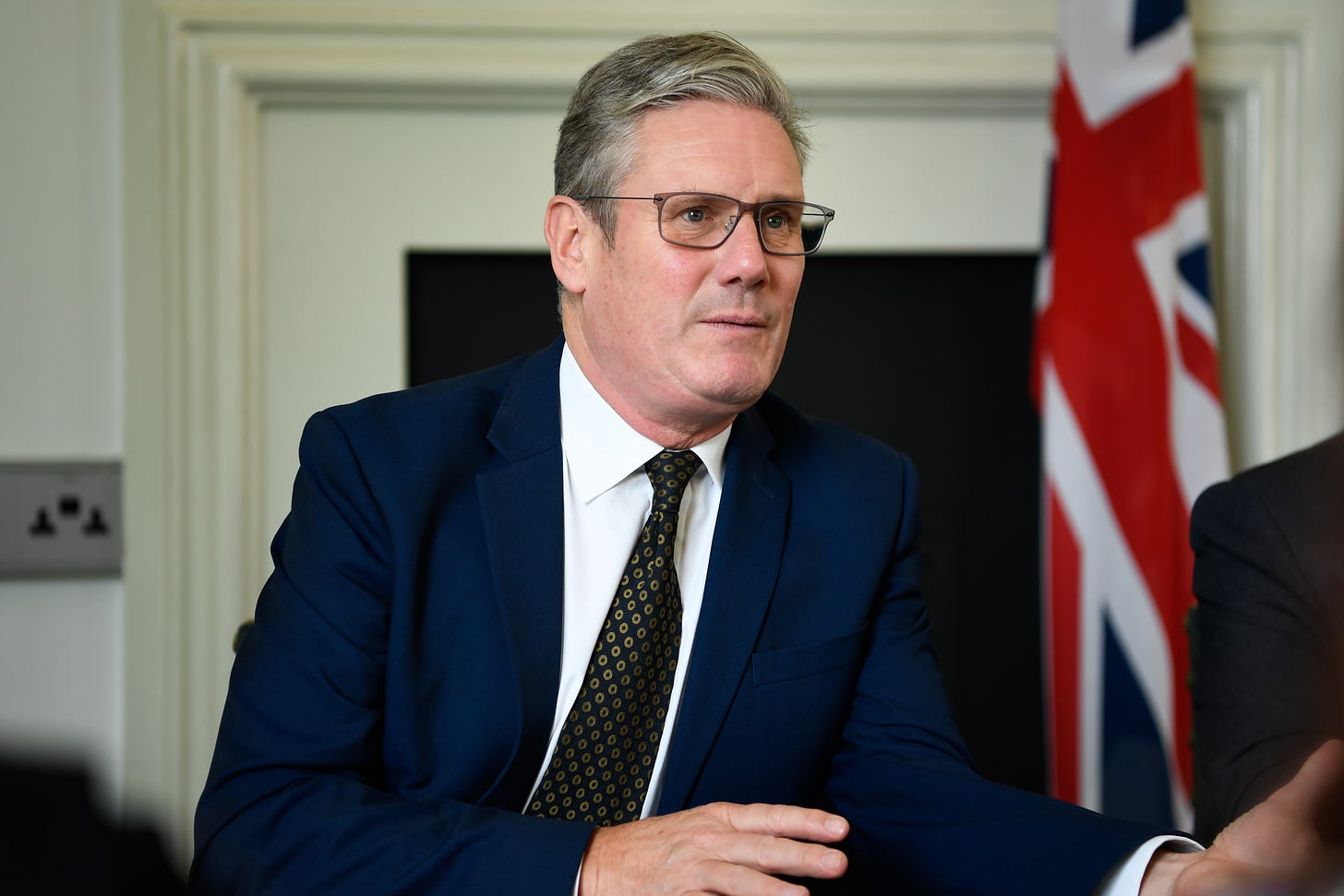Labour's Honeymoon Is Over
It has left the PM with the unfortunate nickname ‘two-tier Keir’.
The wave of public disorder following the Southport stabbing spree which claimed the lives of three little girls, threatens to rip England apart at the seams.
More than 90 arrests were made yesterday, with unrest across cities such as Hull, Liverpool, Bristol, Manchester, Stoke-on-Trent, and Blackpool.
Over the course of the w…





